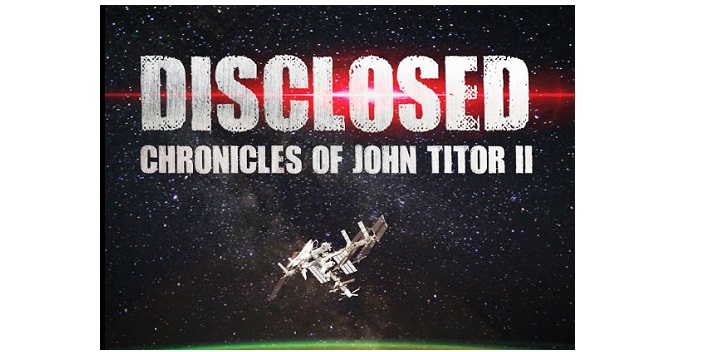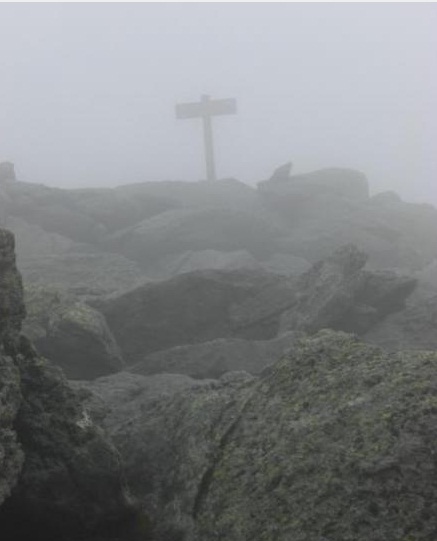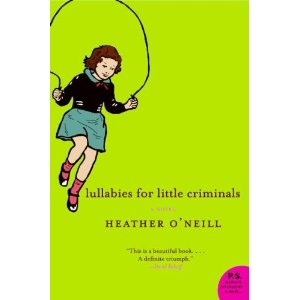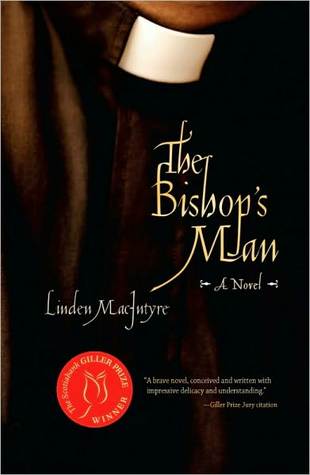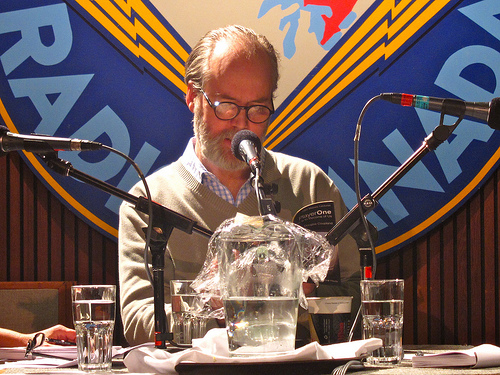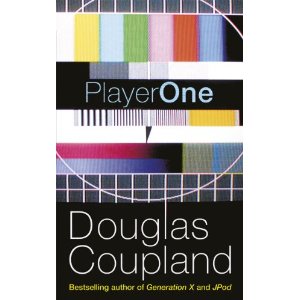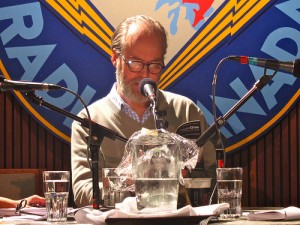This is an entertaining article 
But the cover-up goes even deeper.
The U.S. military has the capability of time travel using interstellar spacecraft capable of flying faster than the speed of light.
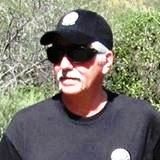
Based at Area 51, John Titor II began travelling through time on missions for a highly-secretive arm of the U.S. Air Force in 1979 and served as commander of the 177th Time Travel Division from the years 2030 to 2036.
His life story is told for the first time in “Disclosed:Chronicles of John Titor II” – a new book co-written by Canadian authors Bob Mitchell and Jason Quitt.
“In return for allowing the Greys, the Reptilians and the Tall Whites to have hidden bases on Earth with unlimited access to resources – and the U.S. never revealing to the public they exist – the ETs have provided black technology to the military beyond anybody’s wildest imagination,” Titor II said.
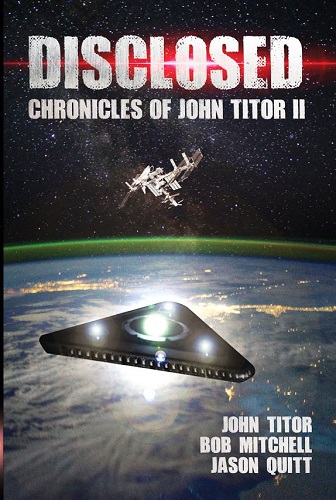 Titor II reveals the hidden truths behind humanity’s biggest cover-ups.
Titor II reveals the hidden truths behind humanity’s biggest cover-ups.
These include;
- The existence of at least two different off-world colonies.
- The U.S. military has a fighting force of thousands of genetically-engineered cloned super soldiers.
- Who really killed President John F Kennedy?
- Our timeline has been changed without us knowing it.
- Humanity’s extinction and Earth’s inevitable environmental Armageddon.
Mitchell, Quitt and John Titor II will discuss their mind blowing book for the first time on Coast to Coast with George Noory on Sept. 1, the same day it goes on sale on Amazon. .
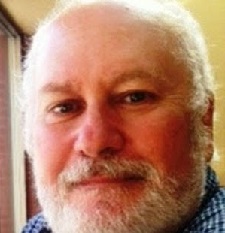
“Once you read this book you will never look at the world the same way again,” author Bob Mitchell said. “Parts of it scared the hell out of me, especially when John revealed what our future will be like.”
“Disclosed has the potential to shake up the entire conspiracy/UFO world,” author Jason Quitt said. “People all over the world are demanding disclosure. This bookwill push the boundaries.
Disclosed:Chronicles of John Titor II is a perfect follow the international sensation “Forbidden Knowledge–Revelations of a multi-dimensional time traveler,” which was co-written by Mitchell and Quitt and released in March 2016.
“It’s important to understand that John Titor II isn’t the John Titor, who suddenly popped up on the Internet in 2000 claiming to be a time traveler with so many outlandish predictions,” Mitchell said. “In our new book, John Titor II doesn’t make predictions. He has experienced what has and is about to happen.”.

“John Titor II is the real deal,” Quitt said..
Although no longer time traveling, John Titor II continues to consult with the Department of Defense. He lives in a heavily-secured compound with 24-hour security in southern California. For the Silo, Sigmund George Smith.

